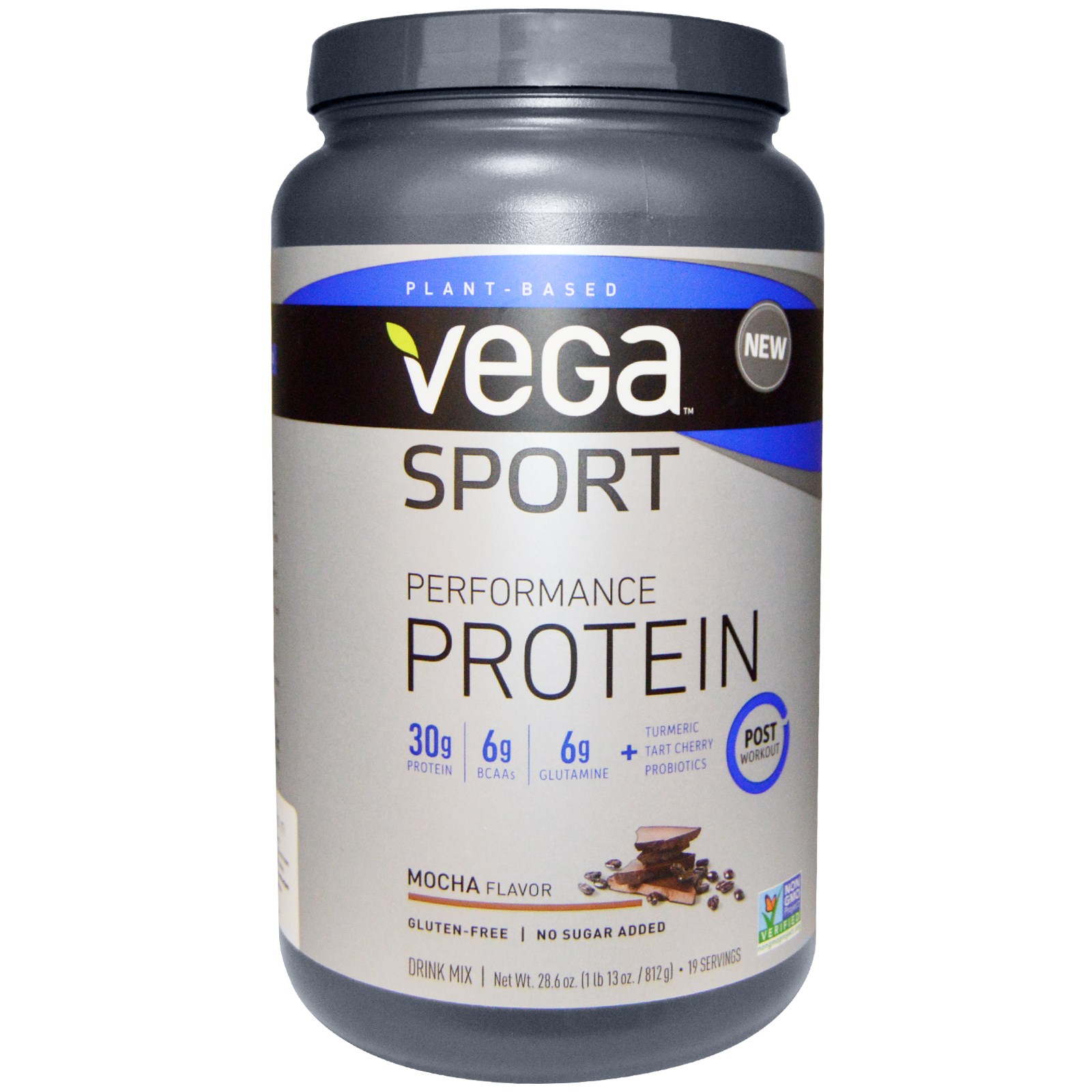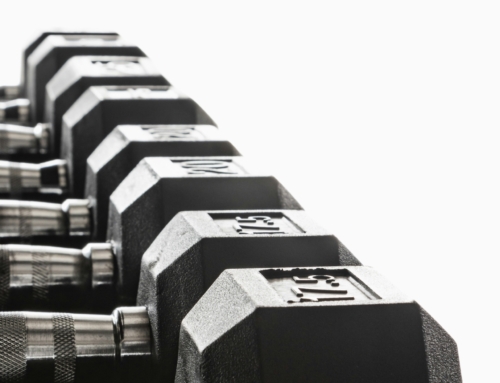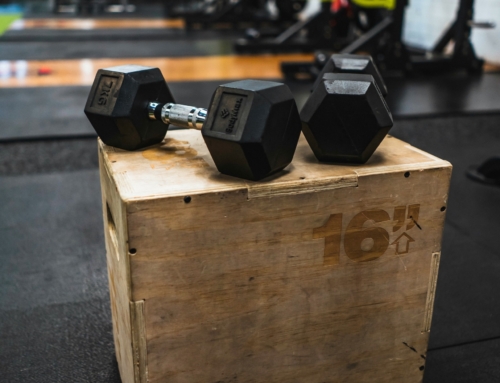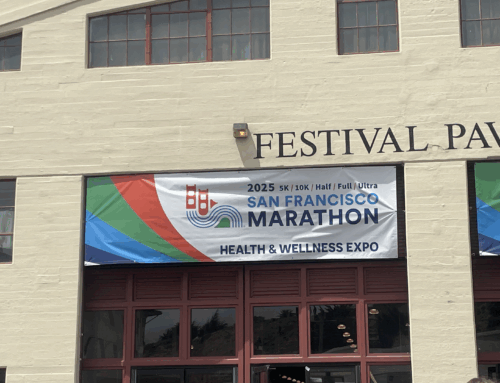“Too much protein is bad for your kidneys and it saps the calcium from your bones!”
I have heard this on many occasions from people and while I know what study they are going to cite to prove their point, what people also fail to mention is that study studied people who had impaired kidney function.
What about people with normal kidney and liver function?
According to a study in the Journal of Nutrition and Metabolism, There is evidence that consuming a high-protein diet for one year has no negative effect on kidney or liver function
What about causing mineral loss in your bones?
The research says……
We don’t know.
The Acid-Ash Hypothesis
One of the reasons people believe that high protein saps Calcium from your bone is due to the acid-ash hypothesis.
The suggestion is that the acid from a typical western diet may cause your body to constantly retrieve calcium from your bones.
High protein foods like meat provide more acid so this would mean that eating too much protein could potentially lead to osteoporosis.
Exercise matters
People who lift weights and have a consistent exercise routine are the ones who typically eat a higher protein diet and consume protein powder (like my personal fave Vega above)
A recent study of women who regularly exercise showed that there was no harmful effects on bone mineral density or content when they consumed a diet that was 2.5 times greater than the Recommended Daily Allowance of protein.
Another interesting find in this study was that despite consuming more calories per day, the high-protein group did not experience a change in fat mass….so there’s that.
Sedentary people typically do not eat a high protein diet and nor should they really. If someone is more sedentary, then as a coach I would have them focus on eating more vegetables.
So what does it all mean…
Your protein intake will depend on your lifestyle, your training, and your age. Those who are strength training may not suffer bone loss if they eat a higher protein diet. (The Resistance Training may offset any bone or mineral loss)
Typically older people need more protein to preserve muscle mass and they should DEFINITELY be doing some form of resistance training!








Leave A Comment